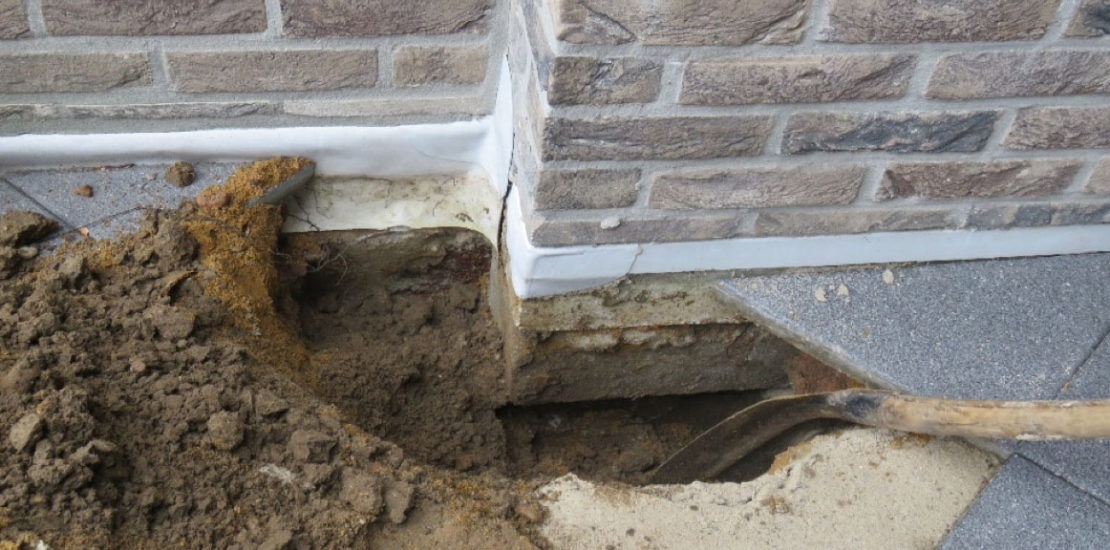Hidden defects after sale
Hidden defects after sale

When buying a house the buyer can expect the house to meet the reasonable expectations he has set. The matter – for example a house or apartment – does not comply with the agreement if it does not has the qualities that the buyer could expect on grounds of the agreement. Then it’s a matter of – judicially speaking – non-conformity, or a “shortcoming” or a “fault”.
The seller has a notification requirement and cannot notarialy write off his liability. The deed also states “In this context the seller declares that he has no knowledge that the property is affected by a hidden defect, … and he has therefore not concealed anything regarding to this.”.
The notification requirement of the seller prevails to the investigation requirement of the buyer. Or in other words: if the seller has violated his notification requirement and is held liable by the buyer for the hidden defect, than the seller does not avoid his liability by claiming the buyer should have done a better investigation.
If there is a defect, the buyer has the possibility to hold the seller liable for the damage, for example existing of the repair costs of the detected defect. There is thus a shortcoming in case the house does not meet the posed requirements based on the sales agreement. The law states that the buyer can expect that the house has the qualities that are needed for normal use and of which he did not had to doubt the presence.
According to the general principle the seller is liable for the hidden defects, even if he did not know these himself. Nevertheless you still find in nearly every sales agreement a clause that stated that the seller cannot be held liable for hidden defects. This clause is however not a safeguard for a seller with bad intentions. This clause does not apply when the seller knew the defect. A seller who consciously sells a house with defects as normal, is “of bad faith”. Besides, a professional seller is ought to have known these defects, unless he can deliver counter evidence of unconquerable unawareness. The professional seller has to prove that he could not have possibly discovered the defect. The mere fact that the professional did not knew the defect, is not sufficient to free himself of the liability.
If the determined defects are sufficiently serious, the seller can definitely be held liable. If you had know this before, you probably would have paid less or even did not have bought the house at all.


